Why I Quit My Job (Absurd Ladders)
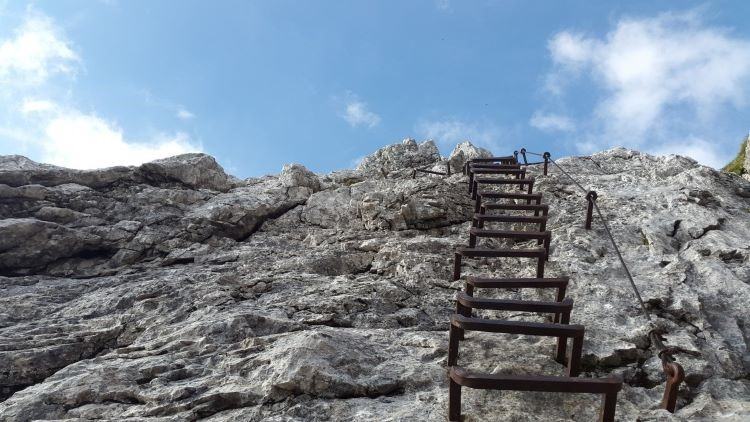
Featured image: Figuratively speaking, our careers are like ladders: we climb and we climb, believing there is something to reach at the top. But is there? (pxhere)
During a graduation ceremony recently I heard a judge, receiving an honorary doctorate for services to UK law, warn the day’s graduates about the dangers of misidentifying success. ‘Life is what you make out of it,’ he said. ‘But be sure to make an impact in whatever role you pursue.’ He recited the following quote:
I usually despise analogies: a ladder just isn’t a career, whilst the judge was being totally ambiguous as to what a correct wall actually looks like. Still, he sent me into the depths of my own thoughts as I asked myself what the parameters of success really are. Are there any? What makes one career more ‘right’ or less ‘wrong’ than another? How can I make an impact? Should I quit my current job and find another?
If success can be formularised—if there is a perfect wall, so to speak, with a surging prominence towards the sky, that I can climb—I am willing to build a ladder for it. As someone who quit a job he dearly loved in the public service and who now seeks a new path, I want to make sure I get this one right. The only condition I’ve set myself is that I have to think there is a point to the new career I’m in.
Can it be done?
A career is more than a job
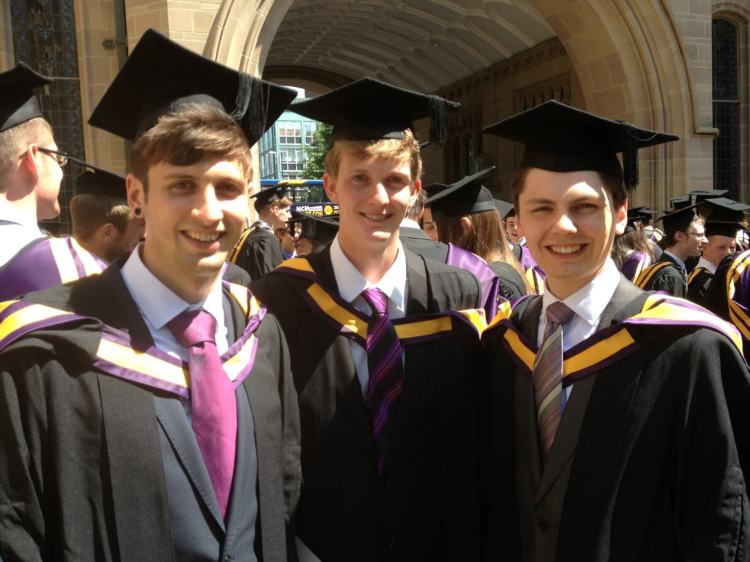
Pictured: Me (left), brimming with verve and direction. I just graduated with a physics degree and I felt fortunate that I was about to enter a competitive graduate scheme which promised good prospects for my career. I also had an abundance of passion for my subject and I was desperate to be someone who made a positive impact on the world. But, as I learned, there's a risk to building hope up like this. Careers take years of education, money, and enough hard work and determination to make one faint; if one day you lose hope, they may become markers of everything you wasted.
We all know that every job has its ups and downs. But careers are different. We invest ourselves into them, with hope and aspiration. We share values with our bosses and our colleagues and the community we’re serving. We take responsibility for the meaningful projects we’ve been conferred: we are given purpose. Nobody really enjoys waking up early and being away from home for a day. However, proudful commitment to a career can overshadow these seemingly minor downfalls.
Some hopeful perspectives, however, become irreparably broken by problems too immense to extinguish. Indeed, once a spell is broken everything changes.
Perhaps, the entire culture is unhealthy. We might witness colleagues’ unproductive, unprofessional, disruptive, or unsafe behaviour in the workplace. As an individual worker, our concerns can be blown away by the currents of a system, making us feel powerless and insignificant, for long-lasting changes never seem to follow our woes and complaints. We become disappointed and frustrated; and on the ladders we were climbing, we look down and see clearly now that what we’ve been doing with passion has discoloured and changed shape. Why look upwards anymore?
We can bide our time and wait for something to change but there is absolutely no guarantee that it will. Maybe we’re genuinely not right for the roles. It doesn’t matter: we’re already disharmonious with our work environments; we don’t see the points to our careers anymore.
We can’t take being let down anymore. To insulate ourselves we detach ourselves from our roles and let our passions dissipate instead of fighting. With these concessions we accept defeat: identity dishevels as pride dwindles. What were once central and seamless parts of our lives, which we willingly gave so much overtime for, no longer exist. Existential gains become losses. Our careers are reduced to jobs, transmuting into means of earning lives outside of work. We now loathe the alarm clock and become workers who count the time down instead of being blind to its passing as it hid between the projects we were undertaking.
But there is still hope. With heavy hearts we can move on to keep our self-respect intact by seeking a new wall to surmount. We just need to wait for a challenge to present itself.
I am on this voyage now—and I don’t think I’m the only one on board.
My journey upwards, which ended downwards
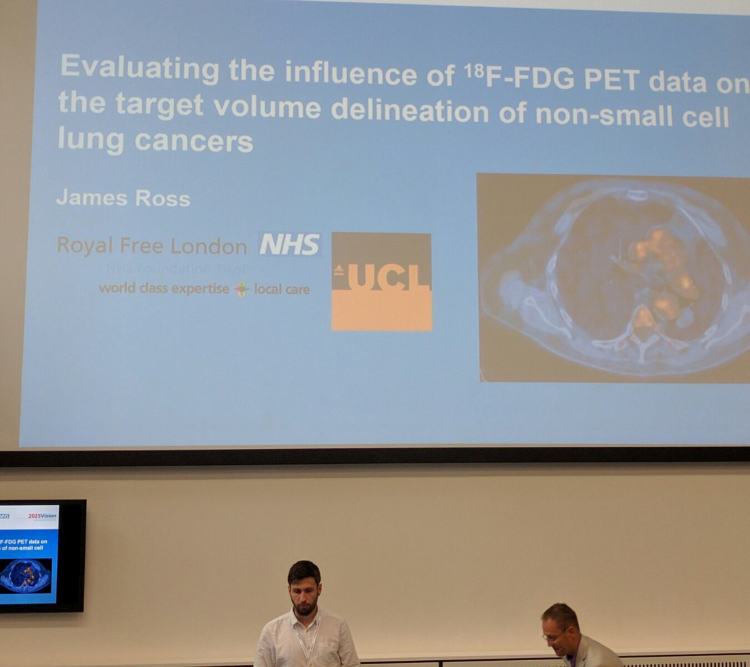
Here I am (left) poised to present my findings on how positron emission tomography data affects radiotherapy for patients with lung cancer. I was proud to present my work at a national conference like this. It embodied my impassioned attitude and care and diligence, spurred on by being in a dream career I cared about and continued to care about for years to come. But when I look back—when I examine the impact this work had on the health service—I see things differently. On this particular project I was sustained by a motivation to do good for patients. I went on to attempt to make many positive changes. But it was futile. I am now able to make out that many of my efforts were essentially pointless, for when I left my role these changes rarely did good for patients. The management structure wasn't in place to either prioritise my work or delegate responsibility to make sure it progressed in my absence. I wasn't to know this at the time, of course. However, I believed that my efforts were worth their expenditure at the time, for I was being ignorantly sustained by a notion of achieving something. While that particular notion turned out to be illusory, I need another to be sustained again.
I went into the health service to help people. I absolutely loved academic physics. I was taught how to problem-solve, ascertain evidence, scientifically write, and computer-program. Generally, I loved my mind being bent by unintuitive concepts such as those in cosmology, electromagnetism, particle physics, and quantum mechanics. But, I thought, the health service opened a door to something even better: applying some of physics’ seemingly crazy concepts to improving patients’ lives. What could be better than that! Positron emission tomography (‘PET’), for example, involves scanning patients to diagnose and monitor their disease with anti-matter—and I—me!—was able to help make the radioactivity flying out of patients in poor health be visualised better. I could actually use all those blackboard drawings of atoms to do something good and something real for society. I am told my enthusiasm was infectious.
To my dismay, the job opened up deltas of stress. Yes, the graduate scheme was over and I was no longer striving for an objective (its end); but the content of my work became dull as I had to settle into routine clinical duties of questionable valuable. These duties would have fulfilled me if I could have made them meaningful to me. I just needed things to be remotely on my terms as I served the public with pride. But the opportunities to improve people’s lives on a meaningful scale through these duties were rare. My ideas, however humble, were shunned or I hit needless snags. There was a dearth of dynamism in every change. My safety concerns were hidden away, negligently. I was being ignored by managers and by doctors about almost everything. I felt so small and that my time was so wasted.
I have worked at many hospitals during my time as a medical physicist, from the small and humble to the academically prestigious and prolific. I’ve had great times and worked with many really decent and competent people. In full flower, I published multiple scientific papers in peer-reviewed journals and presented my work at various conferences. However, these good spells only punctuate the fog of a drab career. As I look into the past I see, retrospectively, my boisterous efforts transfigure into droning futility. Did I really achieve anything?
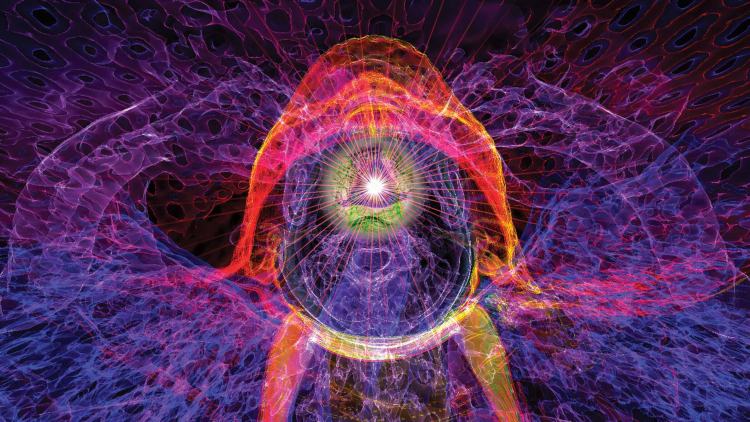
Pictured: A visual representation of medical imaging, a major area of work in medical physics. Physics World: 'Talking to medical physicists about their jobs, making a difference is a recurring theme.' I'm not so sure. We create false narratives which I can no longer follow. As medical physicists, we prop up our own importance by oftentimes offering our services where they are not needed. Much of our work, I think, can be done by many of the skilled people working in the health service who are paid less and are working in these areas already, as is the case in other countries already. But we don't let these members of staff take ownership of much of their own work: it's not in our selfish best interests to sacrifice our own roles in it and forsake the purpose we tell ourselves we have. (K H Fung/Science Photo Library)
Fundamentally, these realisations rocked me hard because I realised how replaceable I was: I tested medical imaging equipment, babysat doctors who we couldn’t be trusted with radioactivity, solved problems with IT networks and PCs and audio-visual equipment, did people’s administrative tasks, and led on clinical services such as therapies—this was my impact on patients’ lives and there are people who specialise in these things who weren’t me, a medical physicist. I was treading on people’s toes by taking ownership of their work at a greater expense to the taxpayer. Even if I did my tasks well, I questioned the presumption I was required to do them. I could have been improving, not just operating, our practices but I wasn’t being trusted or there were no systems in place that encouraged the implementation of innovation. There was barely any physics in sight.
Were my expectations too high? I don’t think so. I trusted the public service to take everything I could offer, nurture it through a competitive graduate scheme, and funnel it into something good. The tagline I saw plastered onto our profession was: ‘Science for Patient Benefit.’ Often I thought: Where? People in my profession are supposedly driven by innovation in the form of research and service development. But, for the most part, we weren’t unlocking the best in people to attain them because the basics of management just weren’t being met: delegation and feedback were rare; we didn’t punish laziness, selfishness, unpunctuality, or evasiveness; and we didn’t seek to improve a disastrous lack of organisation. Those entrusted with management duties cowered from displeasing those above them who did not understand or did not welcome change, so innovation was not advocated for. Meanwhile, doctors were more often nuisances than collaborators. We were encouraged not to tread on their toes. When lines were drawn they were drawn arbitrarily, frequently for ‘historic reasons’, even though medicine is meant to operate by best-available-technique principles. We were the sacrificial lambs so as not to upset anyone.
I wasn’t listened to or heeded in any way. My situation reminded me of the story of a pensioner who was delivering his mail (feedback) to a dog-waste bin (management) for two years. I tried setting my own boundaries. I even attempted to care less and I couldn’t. Nothing worked.
I began to feel stranded and increasingly exasperated and had to look for new ways to be useful because I didn’t believe I was showing any autonomy in my role as it was. I felt that I did some good work and that medical physics had a place; but during a time when services had been chronically underfunded in critical areas for a while, I often thought, why not fund more beds and nurses instead of us? I knew I had to quit. I had to plan an escape route and leave. I needed to satisfy my urge to feel like I was offering something unique—something which was part of me—to others.
Time wasted?
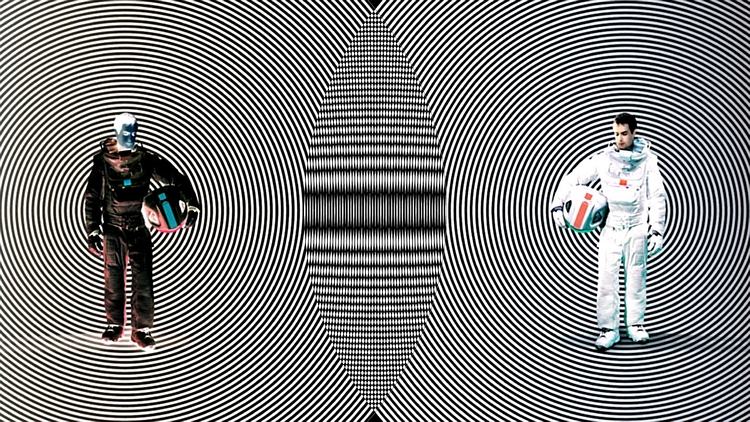
My personal journey felt like the that of Sam Bell (Sam Rockwell) in Moon (2009). (Sony Pictures/Courtesy Everett Collection)
The funny thing is I don’t regret any of the personal expenditure I needlessly put into my prior career. While I was under the enchantment of my own impact I was so happy. I felt that I was important and that I was going somewhere. An illusion sustained me, nourishing me with narratives about what I did, granting purpose to my existence. I want it back; I miss it.
If you can relate to my story—if your journey is beginning to culminate like mine because your spell has worn off—there’s only one way to go: that is towards new lands. It’s an art to know when to quit, though. You need to be fortunate to have something available to you. But you must reach for it, fight for meaningful change where you are, or find it in the tight spaces around long, dull, and laborious work. If you surrender to a winless-for-all system and stop trying, you’ll become stale with your passions.
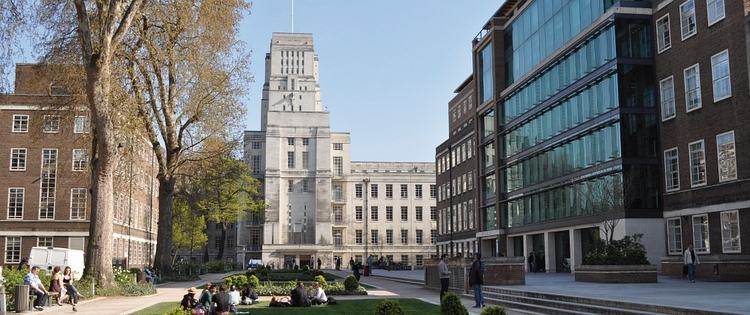
I lost the unity between my purpose and my career. To remedy my loss I completed a full-time master's degree in philosophy at the University of London around a full-time job in a hospital. It is possible to have a fulfilling life outside of work but it can be thankless. (Carbon Credentials)
Some may never reach the top of their ladders, retiring in blissful ignorance before they’ve asked too many questions about what the point of their jobs were. But I examined my ladder all too closely because I had to: I exhausted all forms of transformations within my role. Now I must conceive my next path—shift my reality once more—to find another project that can delude and misinform me in a sustained way without the inevitable anguish of the path I just exited—a new ladder. New challenges keep meaning alive: they provide a continuous source of lifeblood, with which we grow away from static realisations that nothing worthwhile lasts anyway.
To be going somewhere: that’s the aim. Everyone needs that—from office workers to musicians—transformation through reinvention. Even if a change in tact is required or deacceleration with age, we should seek nourishment in positions that can facilitate self-growth. We should work hard for this because it’ll be worth it.
During my own journey I lost the purpose which veiled me from a fundamental truth: that I can never find true meaning—something intrinsic to rule on how things should be—at the summit of a ladder. A negative climax isn’t inevitable, though. In whatever I choose next for my career I can remain purposive; but I must choose something I believe in now, with a sense of permanence to my work even if that sense of permanence is illusory. Certainly, I can live with my own purpose for now. I can find authenticity upon action—not by establishing new orders but by expressing rejection of the old to continuously grow to somewhere else.
Is there a reason to believe in anything unconditionally? Nothing intrinsically connects us to the things we care about. These cities, these people, these passions—they’re not mine. I was spawned in front of them. They can’t have universal value.
Nonetheless, they came to me; and here I am, ready to push on with them once again. I previously made my project about helping the public with physics. Now I can do it again with a defaced but reinvigorated urge to do ‘good’ elsewhere.
